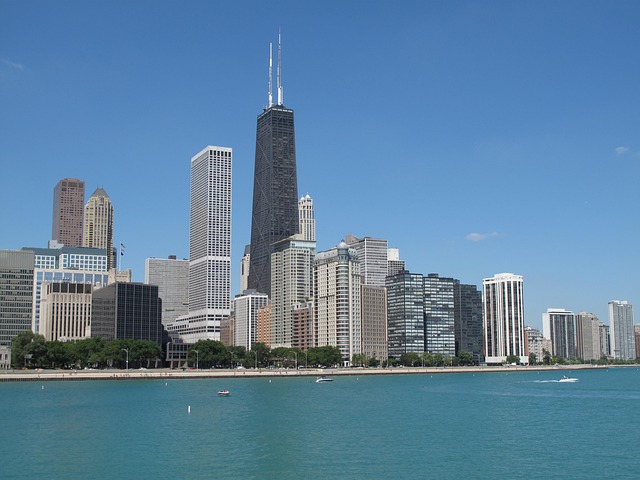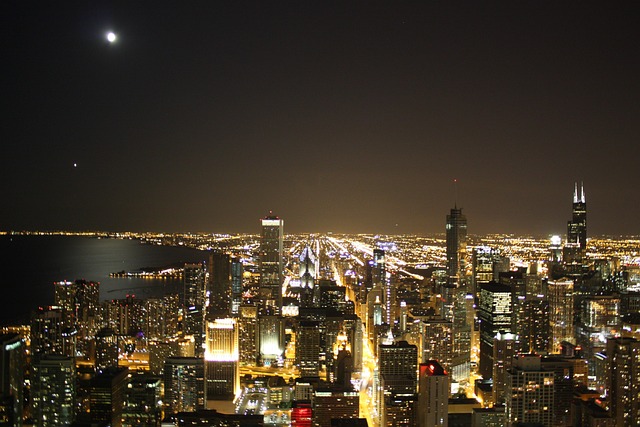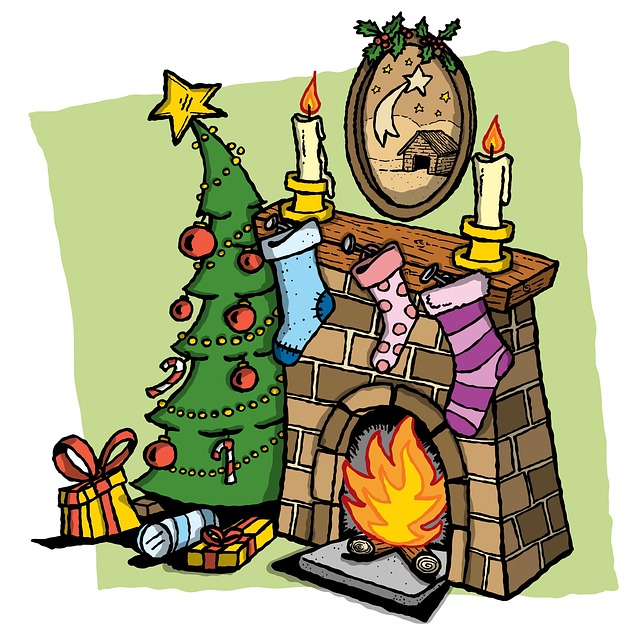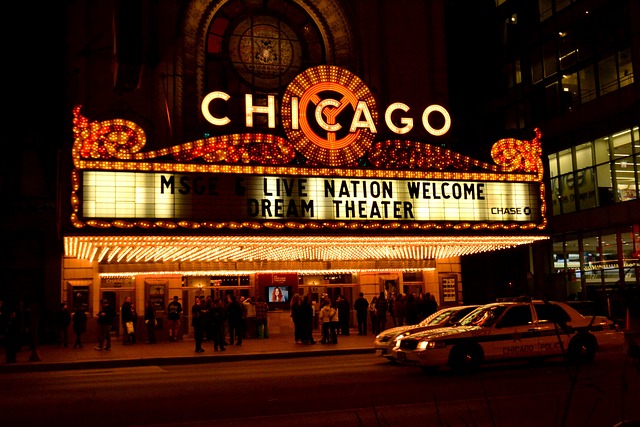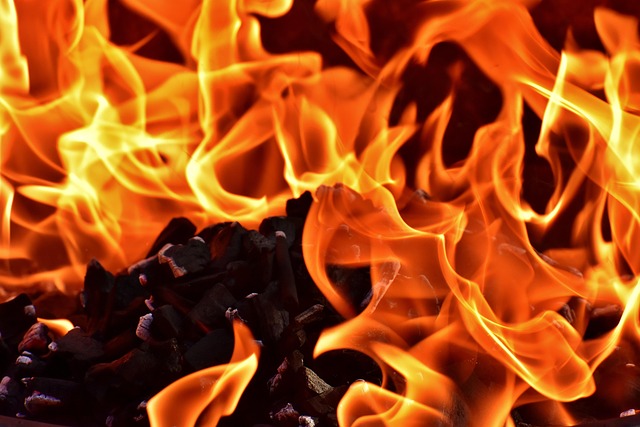Selling a home with fire damage in Chicago comes with stringent property disclosure laws designed to promote transparency and protect buyers. Sellers must disclose known defects, including fire incidents, structural impacts, and ongoing repairs, facing potential legal repercussions for nondisclosure or misrepresentation. Adhering to these requirements involves professional assessments, code-compliant repairs, and open communication with buyers. Understanding and navigating these regulations are crucial for a smooth selling process in Chicago.
“Selling a home with fire damage in Chicago? Navigate Illinois’ stringent property disclosure laws with confidence. This comprehensive guide unravels the intricacies of fire damage disclosure requirements unique to Chicago, along with exemptions and legal implications for home sellers. From understanding key regulations to adopting best practices, ensure transparency and mitigate risks during the selling process. Maximize your knowledge base to make informed decisions in the vibrant, yet regulated, Chicago real estate market.”
- Understanding Illinois Property Disclosure Laws
- Fire Damage Disclosure Requirements in Chicago
- Exemption and Exceptions for Home Sellers
- Legal Implications and Best Practices for Sellers
Understanding Illinois Property Disclosure Laws
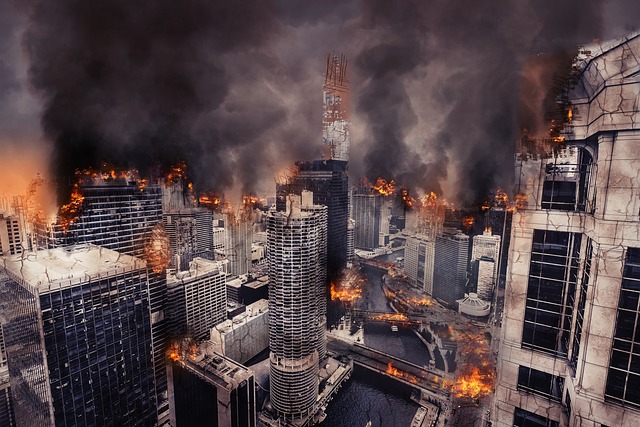
In the state of Illinois, property disclosure laws are in place to ensure transparency during real estate transactions, especially when selling a home with fire damage in Chicago. These laws require sellers to disclose any known defects or issues that could impact a buyer’s decision to purchase a property. Specifically, regarding fire damage, sellers must reveal the extent and nature of the incident, along with any ongoing repairs or structural changes made as a result. This includes providing details about the cause of the fire, its impact on the building’s structure, and whether any potential hazards remain.
Understanding these disclosure requirements is crucial for both buyers and sellers. For Chicago residents looking to buy a home with fire damage history, it allows them to make informed decisions by assessing the property’s safety and repair needs. Sellers, on the other hand, must be thorough in their disclosures to avoid legal issues post-sale. This includes consulting with professionals who can assess the damage, provide accurate reports, and ensure any repairs meet local building codes, thereby avoiding potential future liabilities.
Fire Damage Disclosure Requirements in Chicago
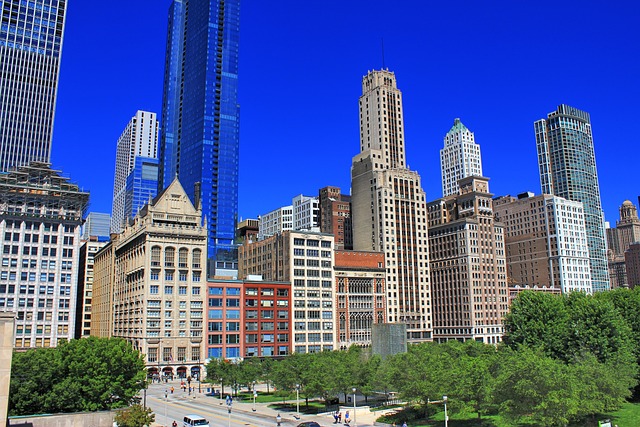
When selling a home with fire damage in Chicago, property owners have specific disclosure obligations. According to local regulations, sellers must disclose any known past or current structural issues resulting from fires, including the date and extent of the damage. This transparency is crucial for buyers to make informed decisions about purchasing a potentially affected property.
In Chicago, real estate transactions are subject to these strict disclosure requirements. Sellers should be prepared to provide detailed information about fire-related damages, such as the cause, scope, and any repairs or remediation efforts undertaken. Failing to disclose this information accurately can lead to legal repercussions for the seller. Buyers, in turn, have a right to know the history of potential hazards in their future homes, making these disclosures an integral part of the selling process in Chicago.
Exemption and Exceptions for Home Sellers

When selling a home with fire damage in Chicago, it’s crucial to understand Illinois’ property disclosure laws. While the state generally requires sellers to disclose known defects or material conditions that could impact a buyer’s decision, there are exemptions and exceptions for home sellers. Specifically, if the fire damage is relatively recent and already disclosed to potential buyers, sellers may not be required to provide further details. This exemption is designed to protect both parties from unnecessary legal disputes, especially when repairs have been made or are in the process of being completed.
However, certain circumstances may still require disclosure. If the damage is extensive or has not been fully remedied, sellers must inform buyers about the scope and nature of the fire damage. This includes any potential structural issues, health hazards, or reduced property value caused by the incident. Navigating these disclosure requirements is essential to ensure a smooth selling process and protect against potential legal repercussions for non-disclosure in the event of a selling with fire damage Chicago.
Legal Implications and Best Practices for Sellers
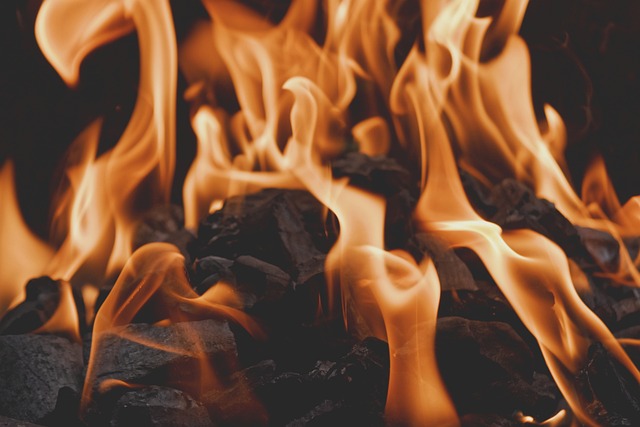
When selling a home with fire damage in Chicago, understanding Illinois’ property disclosure laws is paramount for both sellers and buyers. Failure to disclose known material defects can lead to legal implications for sellers, including potential liability for misrepresentation and fraud. In Illinois, sellers must divulge any significant issues that could impact a buyer’s decision to purchase, such as fire damage and its extent.
Best practices for sellers involve thorough property inspections to identify all damages, including hidden or structural issues related to fires. Documenting repairs made since the fire is essential, as it demonstrates good faith efforts to mitigate potential risks. Transparent communication with prospective buyers about the history of fire damage and any ongoing remediation processes builds trust and can expedite the selling process. Sellers should consult legal professionals to ensure compliance with disclosure laws specific to Chicago and Illinois state regulations, especially when dealing with significant incidents like fires.
When selling a home with fire damage in Chicago, adhering to Illinois’ property disclosure laws is crucial. Understanding the specific requirements, such as disclosing fire damage, and being aware of exemptions can help sellers navigate this process smoothly. By following legal implications and best practices outlined in this article, you can ensure a transparent sale, minimizing potential risks associated with unrevealed fire damage. This knowledge will not only protect buyers but also contribute to a successful transaction in the Chicago real estate market.
